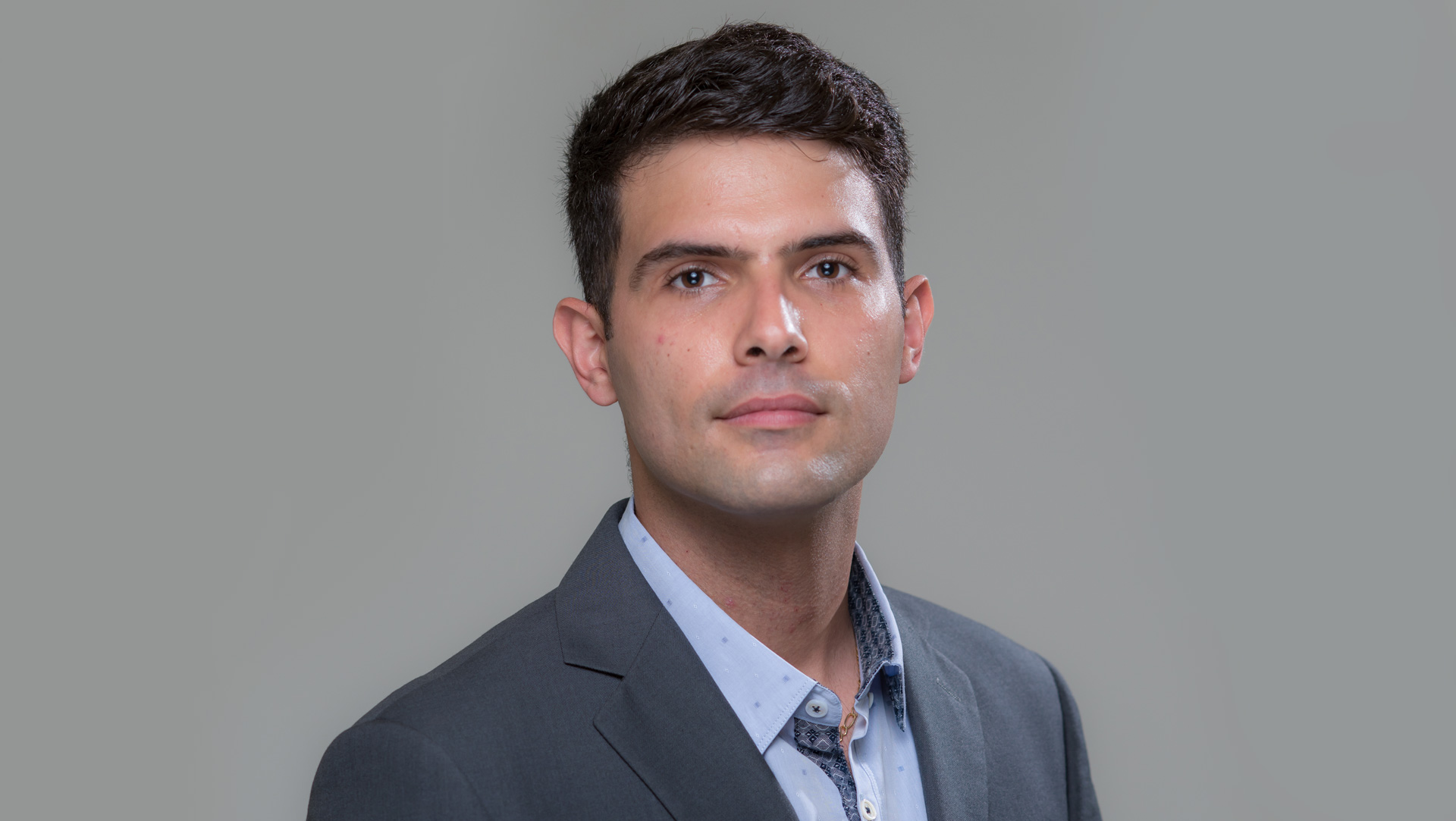
José Luis Colón Quintana: Researching large-scale additive manufacturing
José Luis Colón Quintana has a passion for life. Born and raised in Mayaguez, Puerto Rico, he has traveled extensively, recording much of it on his vlog. You might also find him flying drones or picking up new musical instruments to learn.
His excitement for discovering and learning new things led him to the University of Maine.
Studying mechanical engineering at the University of Puerto Rico, Mayaguez as an undergraduate student, Colón Quintana had the opportunity to work with all sorts of materials including metals, wood, and polymers. He became increasingly interested in the manufacturing of polymer composites materials.
A chance to participate in research experience for undergraduates (REU) programs at the University of Wisconsin-Madison and the Georgia Institute of Technology solidified his interest in the field. He went on to pursue an M.S. and Ph.D. in mechanical engineering at the University of Wisconsin-Madison.
Now, Colón Quintana is a postdoctoral research associate at UMaine working on various projects at the Advanced Structures and Composites Center (ASCC), home to the world’s largest polymer 3D printer. Implementing additive manufacturing technology for large-scale applications has a unique set of challenges. His research is focused on understanding polymer processing, and the material characterization of fiber-filled systems.
What attracted you to UMaine?
The ASCC is known for its work on additive manufacturing and composites materials. While interviewing, I saw an excellent opportunity to work and collaborate on exciting and unique projects. Here I can use my knowledge and experience in polymer processing to benefit the ASCC and expand my skill set in the field.
What is novel or notable about your research?
We are printing parts that are over 2000 pounds in weight and above 8 feet in height, and need to develop the understanding and tools to manufacture these parts successfully and safely. It is important to also understand the impact of using recyclable and bio-composite materials in the process. We are developing hybrid materials which further enhance the mechanical properties of the final product. This will be essential when manufacturing houses, for example.
Elaborate on the interdisciplinary nature of your research and collaborations.
For the success of the projects, we work with people possessing different skill sets. We work as a team of engineers, operators, management, and students to meet project deadlines and goals. The interdisciplinary nature of our works allows us to think out of the box, getting feedback from people of different backgrounds.
What are your hopes/objectives for your time here at UMaine?
I would like to develop skills in project and resource management. I would also like to serve as a mentor for undergraduate and graduate students, and have the opportunity to teach a course.
For more information about postdoctoral research at UMaine, visit our website.
